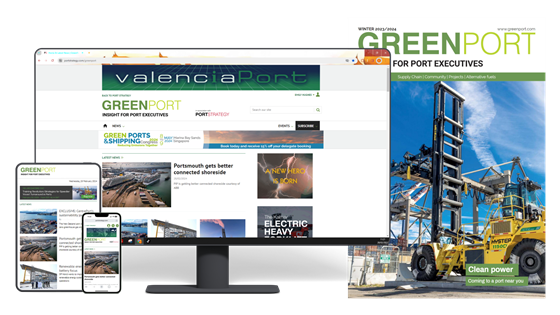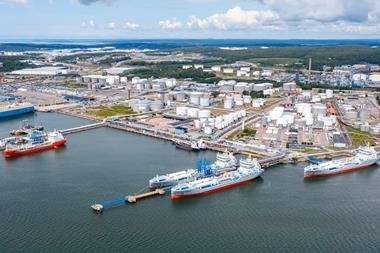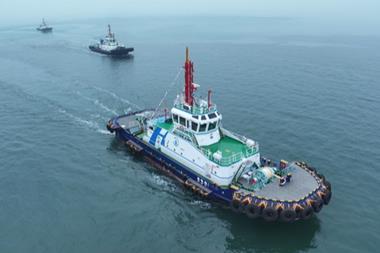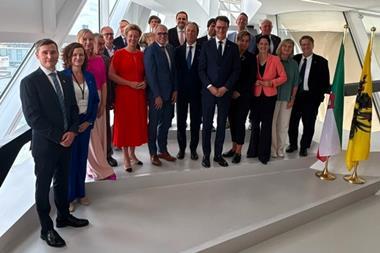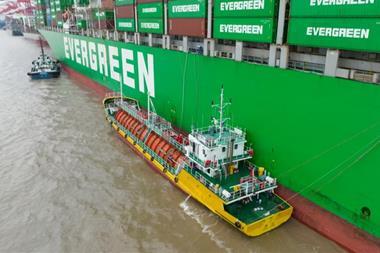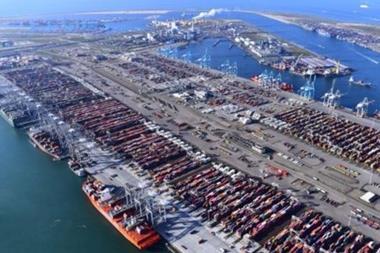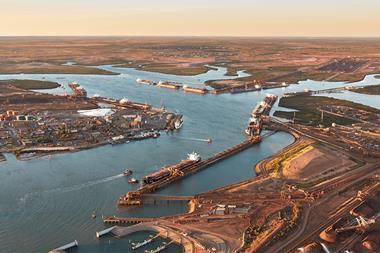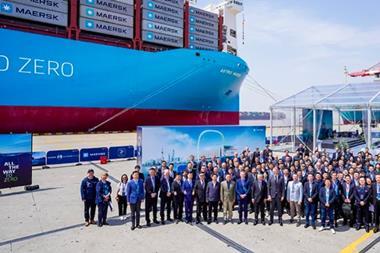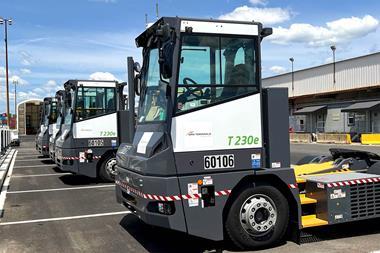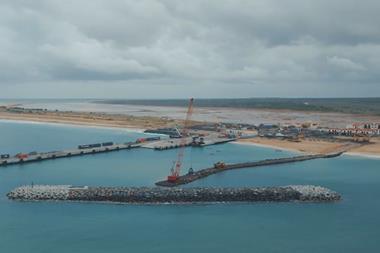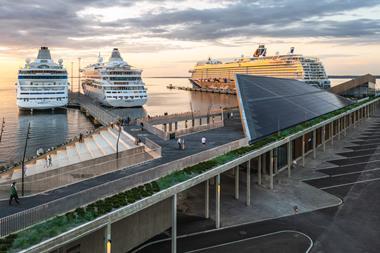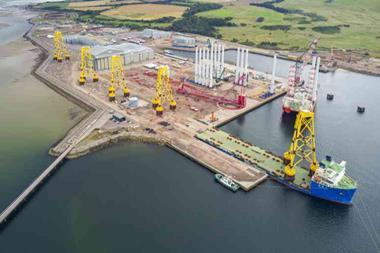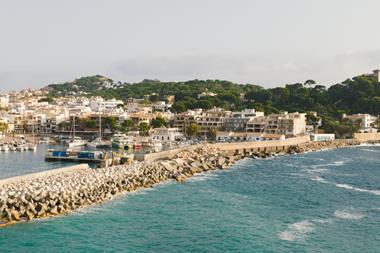IMO decarbonisation ambitions can only be achieved with alternative fuels, that’s according to The International Association of Dry Cargo Shipowners (Intercargo).
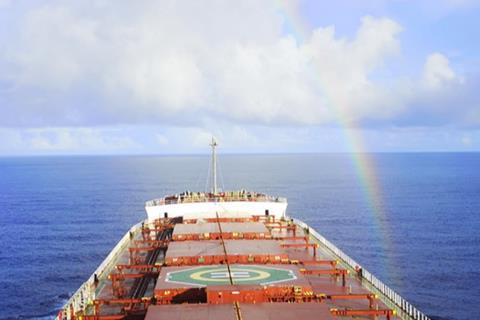
The cargo organisation said that it continues to fully support the ambition to achieve net zero emission shipping by 2050, but that this goal can only be achieved by providing the shipping industry with alternative zero carbon fuels.
“The responsibility for decarbonisation cannot be placed solely on the shoulders of the ship operator at the end of the line – it is a challenge that must be dealt with holistically by the entire shipping industry,” the organisation said in a statement.
Addressing availability
It said that it is essential that appropriate policies are included in the Revision of the International Maritime Organization (IMO) GHG Strategy to ensure that green fuels are secured as well as the necessary infrastructure to ensure availability and bunkering in ports around the world.
Unfortunately, these aspects are not sufficiently discussed and addressed despite their critical role.
Intercargo’s position is that a combination of core elements of previous proposals on medium-term measures is the best way forward, and therefore welcomes the ICS revised proposal (paper ISWGGHG 13/4/9).
Specifically, Intercargo believes that a flat rate contribution per tonne of CO2 emitted on a Tankto-Wake (TtW) basis - and subject to the outcome of the ongoing discussions at IMO on fuel emissions’
The organisation said that Life-Cycle Assessment (LCA) - should be combined with an International Maritime Sustainability Funding and Reward (IMSF&R) mechanism where ships of 5,000 GT and above will make an annual contribution per tonne of CO2.
Under such a scheme only ships that use ‘eligible alternative fuels’ would receive a reward for CO2 emissions prevented.
A combination of technical and economic measures should be accompanied by appropriate policies and commitments from the Member States, in order for fuel suppliers to secure the required alternative fuels in ports around the world in sufficient quantities.
On CII (Carbon Intensity Indicators), Intercargo believes that the current Carbon Intensity Indicator (CII) framework should not be used as a benchmark for IMO’s medium-term measures as there are significant flaws that need to be addressed in order to make CII fit for purpose.
This is because a number of factors can have a significant adverse impact on a vessel’s CII rating, most of which are outside the vessel’s control. Examples include adverse weather, voyage distance, port waiting times, port infrastructure and charterers orders.
Paradoxically when considering voyage distances and port waiting times, vessels with longer travel distances can produce more emissions but have a better CII rating when compared to vessels travelling shorter distances and producing less emissions.


